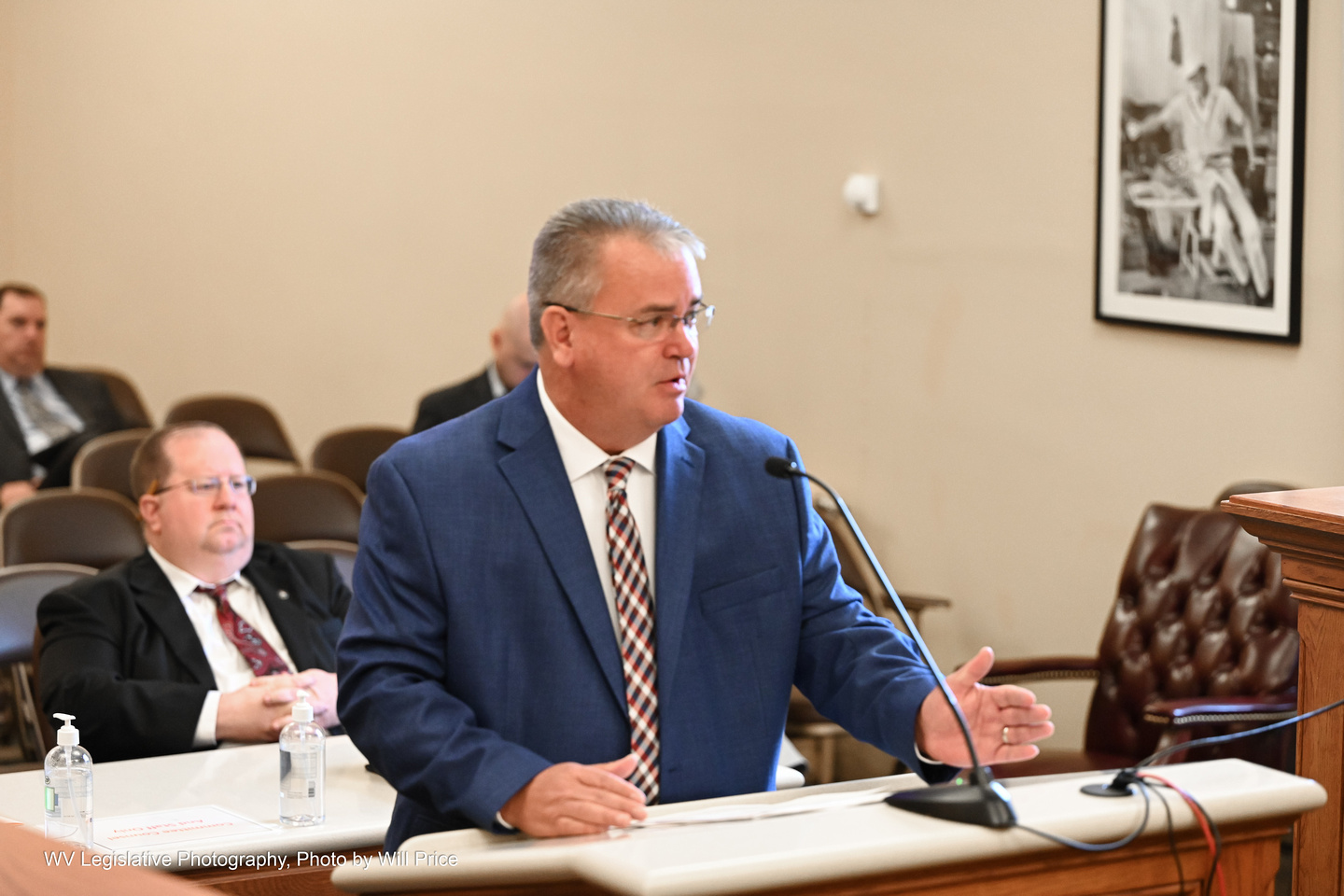In October of 2019, the West Virginia Legislature moved the Medicaid Fraud Control Unit from the Department of Health and Human Resources to the Office of the Attorney General.
During a Post Audits Subcommittee meeting Sunday, Audit Manager Mike Jones presented findings comparing three years before the change to three years after. He said the results of the transition were positive.
Jones noted among other changes that the Attorney General’s office pursued the recovery of three times the actual damages, plus costs, as allowed by code. He explained that resulted in a significant increase in the civil recovery orders.
Jones described that as a significant hammer in their negotiations with providers.
“Another change was to conduct both criminal and civil investigations concurrently until a charging decision was made,” he said. “This has allowed the fraud unit to more efficiently transition cases that do not meet the burden of proof required of a criminal case to a civil investigation. This change contributed to an increase in the number of cases closed by the fraud unit.”
Using a chart, Jones explained that the three-year totals for case referrals and cases opened from referrals more than doubled since reorganizing under the Attorney General.
Case referrals increased from 794 under DHHR, to 2046 under the Attorney General. The total cases opened increased from 138 under DHHR to 339, a 145 percent increase.
The second core function of the Fraud Unit is to refer cases of fraud and abuse or neglect for prosecution. The fraud unit increased the total cases referred for prosecution from 38 under the DHHR to 54. The total number of convictions jumped from 14 to 34, a 143 percent increase.
The third core function of the fraud unit is to seek recovery of funds through recovery orders. The fraud unit saw a modest increase of $23,000 in criminal recovery orders. It did experience significant increases in both global and non-global civil recovery orders of approximately $12.5 and $35.5 million respectively.
The Fraud Unit ultimately increased its total recovery orders from approximately $27 million under the DHHR to $75 million under the Attorney General at an increase of 176 percent.
The Medicaid Fraud Recovery Unit only pursues providers like nursing homes or doctors that have defrauded the system. A different unit, still within the DHHR, pursues Medicaid fraud against people who use the system.
